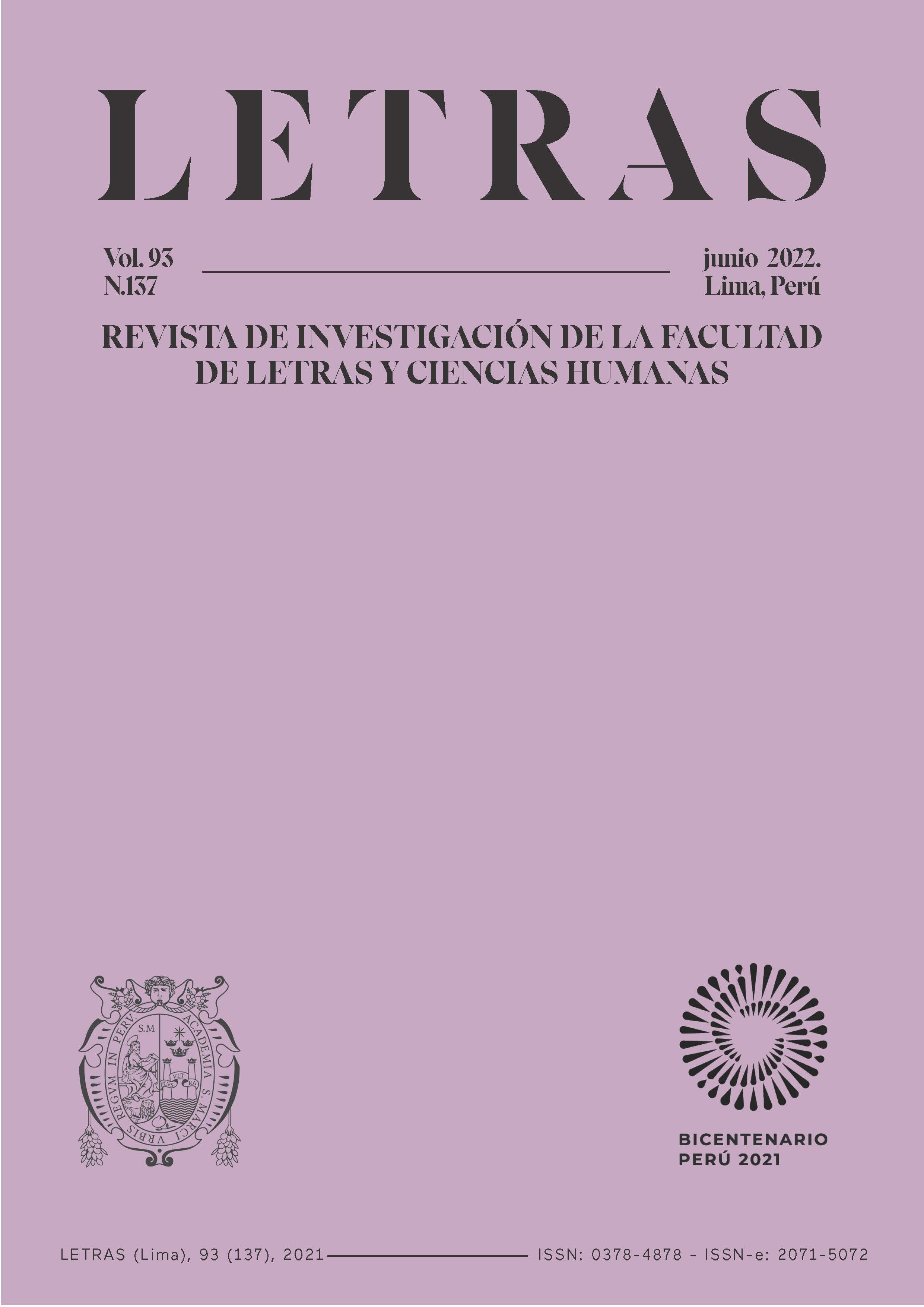“A runaway horse”: the animal becoming in Los cuerpos del verano by Martín Felipe Castagnet
DOI:
https://doi.org/10.30920/letras.93.137.15Keywords:
Martín Felipe Castagnet, Los cuerpos el verano, Biopolitics, Body, Residues, Animal, Capitalism, NostalgiaAbstract
The novel Los cuerpos del verano (2012), by Martín Felipe Castagnet, takes up the traditional bodysoul dualism and constructs a society in which the internet reconfigures, based on a mercantilist logic, the notions of life and death. It is a capitalist context in which people can separate consciousness from bodies through technology and migrate to others according to their economic capacity to acquire them. After occupying two dysfunctional human bodies, Rama, the protagonist, migrates into the body of a horse, whose form and identity he eventually embraces. This bodily journey involves a process of material and affective learning at the same time. This article analyzes the biopolitical dimension of the novel based on the residual materiality of human bodies and marginalized spaces and discusses the animal becoming that admits the figure of the horse as a fetish of corporal domestication or resistance to the dictate of hyper-technified utility.
Downloads
Published
Issue
Section
License
Copyright (c) 2022 Letras (Lima)

This work is licensed under a Creative Commons Attribution 4.0 International License.






